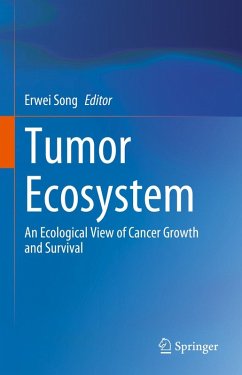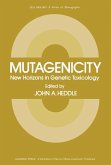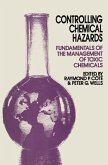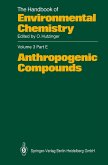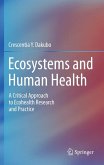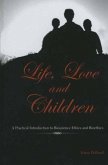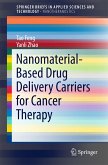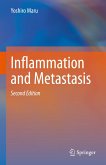This book intends to report new concept of onco-spheres in cancer ecosystem. Onco-spheres are defined as where cancer cells (living organisms) dynamically interact with nontumor cellular (other living organisms) and noncellular components (non-living environmental factors) in the 'host' internal environment (habitat) to construct a self-sustainable cancer ecosystem, which can be scoped at three different levels: primary/regional, distal and systemic onco-spheres.
Cancer cells should be conceived as 'living organisms', interacting with cellular or noncellular components in the host internal environment, not only with the local tumor microenvironment (TME) but also constantly communicating with a distant organ niche as well interacting with the host's nervous, endocrine and immune systems, to construct a self-sustainable 'biosphere', as we termed the tumor ecosystem. By looking at theinteraction of cancer and host as a unique ecosystem, we will use ecology principles to further delineate the features of the dynamics of the tumor ecosystem.
As the pioneer in proposing this concept, we feel that this full-scale overview of the tumor ecosystem is able to inform the readers about this concept, and to pave the way for designing novel therapeutic strategies on actionable targets within tumor ecosystem. The book is likely to be of interest to immunologist, biologist, medical students, researchers and general public who wish to learn more on this new concept of tumor ecosystem, and how this could be applied in many fields of research.
Cancer cells should be conceived as 'living organisms', interacting with cellular or noncellular components in the host internal environment, not only with the local tumor microenvironment (TME) but also constantly communicating with a distant organ niche as well interacting with the host's nervous, endocrine and immune systems, to construct a self-sustainable 'biosphere', as we termed the tumor ecosystem. By looking at theinteraction of cancer and host as a unique ecosystem, we will use ecology principles to further delineate the features of the dynamics of the tumor ecosystem.
As the pioneer in proposing this concept, we feel that this full-scale overview of the tumor ecosystem is able to inform the readers about this concept, and to pave the way for designing novel therapeutic strategies on actionable targets within tumor ecosystem. The book is likely to be of interest to immunologist, biologist, medical students, researchers and general public who wish to learn more on this new concept of tumor ecosystem, and how this could be applied in many fields of research.
Dieser Download kann aus rechtlichen Gründen nur mit Rechnungsadresse in A, B, BG, CY, CZ, D, DK, EW, E, FIN, F, GR, HR, H, IRL, I, LT, L, LR, M, NL, PL, P, R, S, SLO, SK ausgeliefert werden.

